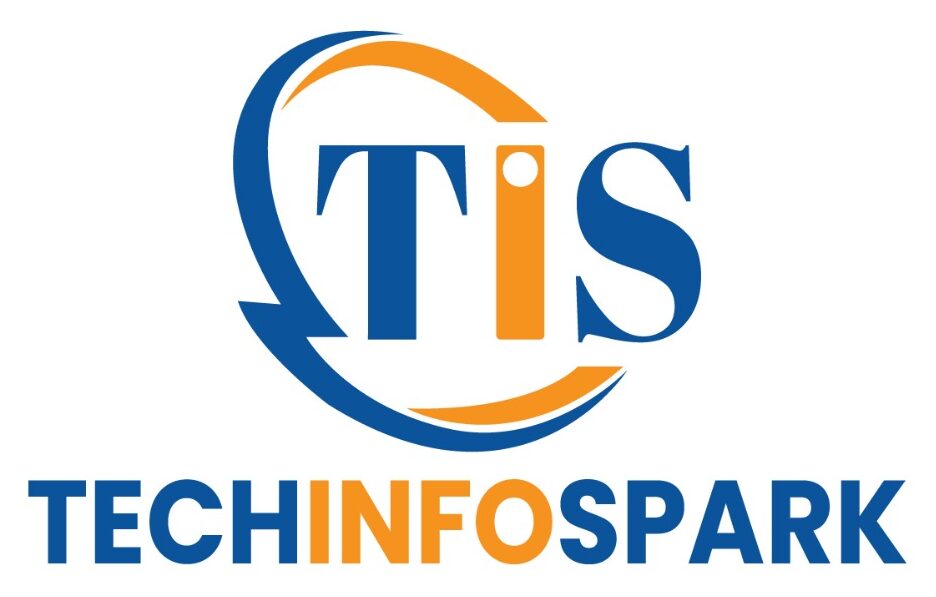India’s AI moment just got a major boost. OpenAI—the company behind ChatGPT has announced plans to establish its first India office in New Delhi by the end of 2025. The move formalizes OpenAI’s presence in one of its largest and fastest-growing user markets and signals deeper collaboration with Indian developers, startups, enterprises, and government bodies.
Why India, Why Now?
Two forces are converging: India’s massive digital user base and a surging developer ecosystem eager to build with frontier AI. Reports indicate OpenAI has set up a legal entity, started early hiring, and is preparing a local team to support product rollouts, partnerships, and policy engagement from a New Delhi hub. For India, this promises faster response times, locally relevant features, and on-the-ground collaboration for safety and governance.
The timing aligns with global competition among AI model providers and India’s ambitions to become a leading AI innovation hub. A physical presence positions OpenAI to work more closely with Indian stakeholders on responsible deployment, educational initiatives, and public-sector use cases.
What the New Delhi Office Could Unlock
1) Stronger support for Indian developers
A local office can accelerate ecosystem programs hackathons, sandbox access, and co-creation with startups and ISVs. Expect more direct technical enablement, quicker account support, and pilot programs tailored to India-specific needs (languages, domains, latency, and cost sensitivities).
2) Enterprise adoption across sectors
From BFSI and healthcare to retail and manufacturing, Indian enterprises are scaling copilots, agentic workflows, and RAG systems. A New Delhi base can help with solution architecture, compliance mapping, and change-management—key for production-grade AI. Early signals point to a deeper go-to-market push with Indian partners.
3) Education and skilling
India leads global student usage for ChatGPT-style tools. With a local team, OpenAI can collaborate on curriculum support, educator tooling, exam integrity solutions, and grants that expand access while encouraging responsible use in classrooms and universities.
4) Policy and safety engagement
A capital-city office makes it easier to engage on AI safety standards, data governance, and content integrity. Expect more dialogue on red-teaming, provenance, and safeguards for high-risk applications—done in partnership with Indian regulators and civil society.
Affordability and India-First Offers
Coverage around the announcement highlights OpenAI’s push to make AI more affordable for Indian users, including the introduction of a lower-cost ChatGPT subscription tier in the market. This aligns with India’s price-sensitive adoption curve and could expand paid access for students, creators, and SMBs. Details reported so far suggest local pricing designed to widen reach while supporting long-term sustainability.
Expected Timeline
-
Announcement date: Multiple outlets reported the India office plan on August 22, 2025.
-
Location: New Delhi (corporate office), with hiring already underway.
-
Opening window: By end-2025, subject to typical setup steps—facilities, staffing, and regulatory processes.
What This Means for Startups and SMBs
-
Faster integrations & support: Expect more localized documentation, examples in Indian languages, and solution patterns for common domestic use cases—logistics, edtech, agri-value chains, and vernacular customer support.
-
Partnership pathways: A local team often accelerates partner validation and marketplace visibility—useful for boutique AI consultancies and data providers who want to co-sell or co-innovate.
-
Access to pilots and credits: Ecosystem programs (startup credits, research grants, safety challenges) tend to flow faster when there’s an in-country team coordinating academics, incubators, and industry bodies.
For Enterprises and IT Leaders
-
Security & compliance conversations can happen in-time-zone with solution architects and policy leads, streamlining POCs and vendor risk assessments.
-
Localization may extend beyond translation to domain-specific guardrails, Indian law-aligned data handling patterns, and sectoral best practices.
-
TCO improvements are plausible if local pricing tiers, inference optimizations, and partner bundles lower the per-seat or per-token cost for scaled deployments.
For Developers and Researchers
-
Hiring signals: The company has begun building a local team; keep an eye on roles spanning policy, partnerships, solutions, developer relations, and research-adjacent functions.
-
Community touchpoints: Watch for meetups, workshops, and safety-themed events in Delhi NCR and beyond as OpenAI deepens engagement with university labs, AI clubs, and OSS maintainers.
Challenges to Watch
No expansion is without hurdles. OpenAI faces an increasingly competitive landscape in India—from global model providers to domestic LLM startups—and ongoing debates around copyright, model transparency, and safety standards. Constructive engagement with India’s regulators, publishers, and developer community will be critical to building trust and unlocking high-impact public-interest applications.
Key Takeaway
OpenAI’s New Delhi office targeted for 2025 is more than a signboard. It’s a commitment to co-building India’s AI future: empowering developers, enabling enterprises, and partnering on safety and policy. For teams already experimenting with generative AI, now is the time to line up POCs, identify ROI-positive use cases, and prepare for deeper local support as the office comes online.
From the one and only Team Techinfospark
For more tech blogs, visit our website: https://techinfospark.com/



